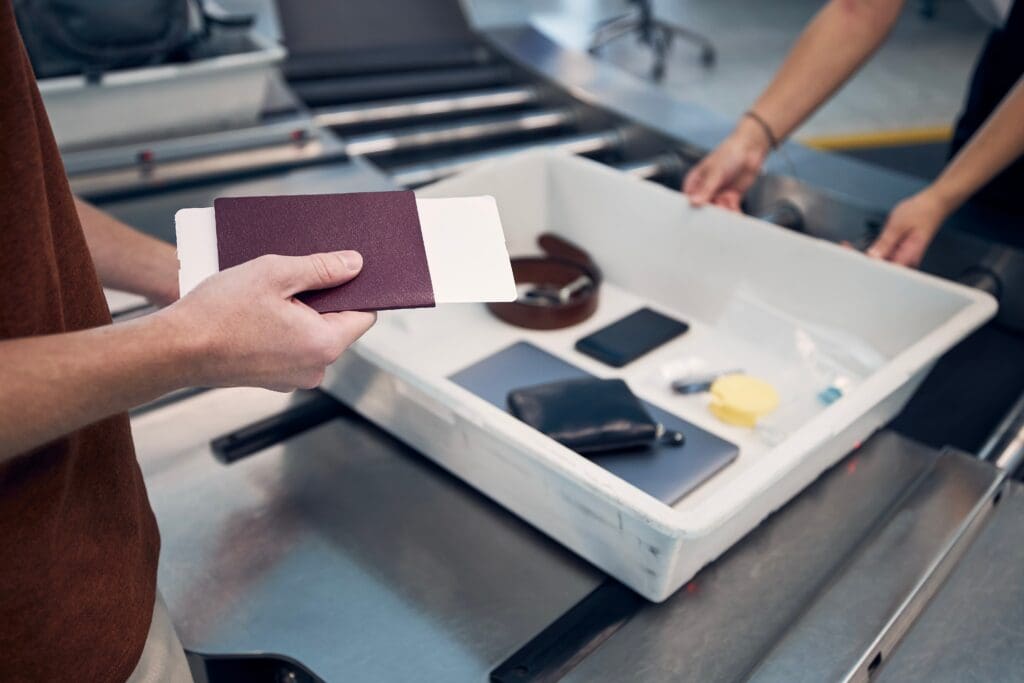Restrictions on carrying liquids over 100ml in hand luggage are set to be temporarily reintroduced at six regional airports in the UK.
This change, effective from 00:01 BST on Sunday, 9 June 2024, will impact passengers travelling through Newcastle, Leeds Bradford, London City, Aberdeen, Southend, and Teesside airports.
These airports, which had previously lifted the 100ml liquid rule after installing advanced CT scanners at their Next Generation Security Checkpoints (NGSC), are now reverting to the old regulations to facilitate further improvements to the new systems. The Department for Transport clarified that this decision was not due to a specific threat.
Bristol Airport, which was scheduled to remove the 100ml limit on 14 June, has announced a delay in lifting these restrictions. A spokesperson for Bristol Airport reiterated that the 100ml maximum rule for liquids in hand luggage remains in force.
Most UK airports, including major hubs such as London Gatwick, Heathrow, and Manchester, still enforce the 100ml limit as they have yet to implement the new scanner technology. The six affected smaller airports have advised passengers to pack liquids in their hold luggage to avoid security delays.
A Newcastle International Airport spokesperson stated the airport is working to “keep disruption to a minimum”. Meanwhile, Transport Secretary Mark Harper advised travellers to consult airport websites for the latest rules before their journeys. He explained that for most passengers, the rules have not changed yet and emphasised that the reintroduced restrictions are temporary to allow for adjustments to the scanning equipment.
The government initially mandated all UK airports to upgrade to the new scanners by 2022, later extending the deadline to 1 June 2024. However, major airports were permitted to miss this deadline. The installation of these new scanners, which are larger and heavier than previous models, has necessitated significant physical modifications to security areas, including floor reinforcement in some cases.
Teesside Airport, the first UK airport to drop the 100ml limit following significant investment in the new technology, expressed its commitment to comply with the Department for Transport’s announcement. Birmingham Airport, despite having upgraded its equipment, continues to enforce the 100ml rule due to pending regulatory approval of its new screening machines.
Airports that failed to meet the installation deadline have applied for individual extensions, potentially extending the restrictions until June 2025. The Civil Aviation Authority may impose financial penalties on airports that continue to miss these deadlines.
Consumer group Which? has previously warned that extending these restrictions could lead to confusion during the summer holidays. The 100ml liquid rule was initially introduced in 2006 following a foiled plot to bomb a transatlantic flight. The new CT X-ray scanners, similar to those used in hospitals, can provide 3D images, allowing liquids up to two litres to remain inside bags during screening. However, supply chain issues and extensive construction work have delayed their widespread implementation.


